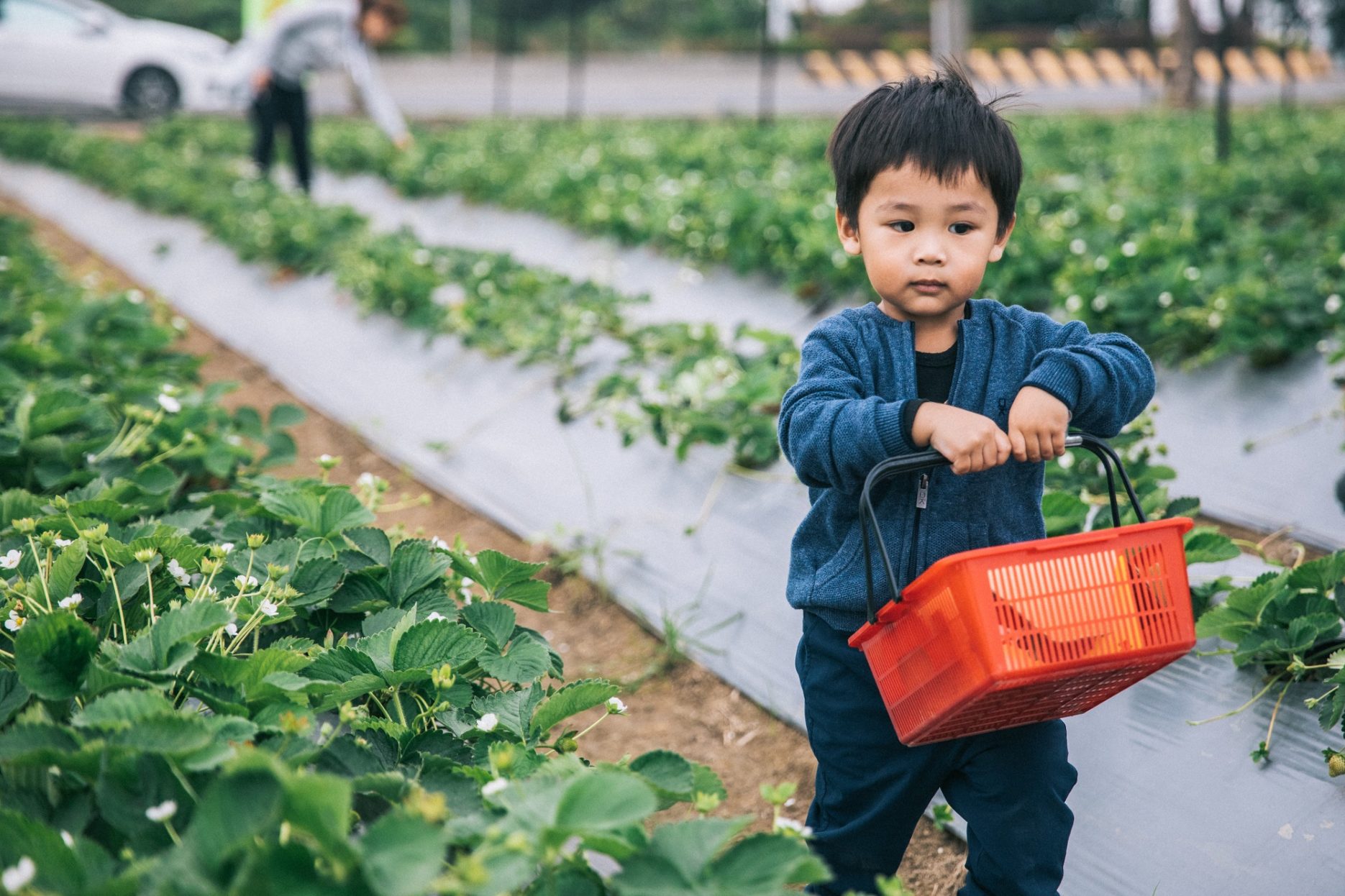China has found a new treatment for the country’s “Little Emperor Syndrome” (an occurrence born out of China’s one-child policy, where children, normally, of modern upper-class families receive excessive amounts of attention from their parents and grandparents, resulting in a spoiled generation) with its latest policy requiring life skills ranging from cleaning and organising to cooking, farming and handicrafts to be compulsory in the school curriculum for minors and secondary school students.
The new regulations are set to apply to children returning to school this September, according to China’s Ministry of Education. A new curriculum known as “Labour Class” has been established in the authority’s guidelines, which covers tasks including daily housework, traditional handiwork, and service-oriented activities such as volunteering.
The course counts for 14% to 18% towards a student’s overall grade, almost equivalent to the weight of traditional main subjects such as the Chinese language (21%) and math (14%), showing the government’s determination to further its push in reducing students’ pressure from academic subjects and to improve students’ “comprehensive development of moral, intellectual and physical aspects”, therefore, deepening the country’s reform of basic education, also known as “Double Reduction” policy.
The announcement soon attracted public wide attention. A relevant hashtag jumped to one of the hot searches on China’s biggest microblogging site Weibo with more than 420 million views on 5 May. Some Internet users have welcomed the new policy, believing it is a “long-waited” move with others calling it “a step forward in China’s education history”.
However, also emerging are voices worrying such classes would ultimately add to the burden of adults, as parents are very likely to be involved in supervising their children’s activities at home and even assisting in the execution of relevant tasks. Given it has been a much-complained status quo in China for parents to support their kids’ homework with photos normally required to prove collaborative efforts, the new rule also faces concern that it would not serve its purpose but is rather a superficial action to fit the government’s agenda.









